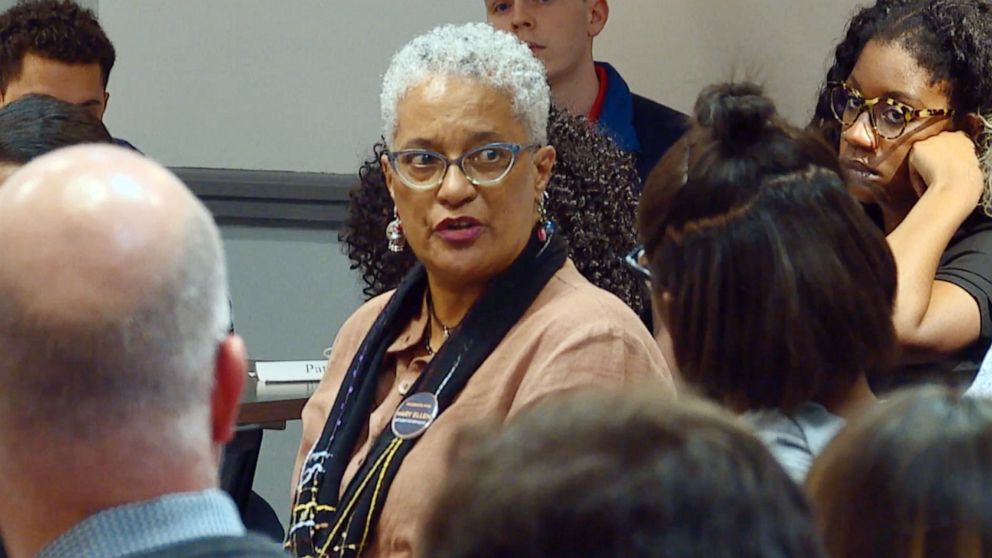Reparations: The Student Body At Georgetown University Voted In Favor Of The School Paying Reparations
Georgetown University Students Vote To Increase Tuition to Pay Reparations
In a groundbreaking decision, the current student body at Georgetown University has told the school it needs to ‘cut the check’ to the families of slave descendants. On Thursday in a vote of 2-1, students voted in favor of a measure to pay the descendants of enslaved families who were sold in the 1800s. If approved, Georgetown University will become the first college in the nation to add a fee that will be calculated into college tuition to pay reparations that will benefit the families of slave descendants.
Almost 200 years ago, 272 slaves were sold in an effort to pay off the debt of the Georgetown Jesuits. This human payment saved the university from financial ruin, and it continues to operate as a fine institution until this day.
How will the reparations be paid? The idea is that a $27 fee will be added as a tuition increase, per student, per semester to create a fund. Of course, the vote must be approved by the university in order to go into effect. 2,541 students (66.08%) voted yes, and 1,304 students (33.92%) voted no, in a push to get the university to pay reparations. Vice President of Student Affair, Todd Olson had this to say:
“University values the engagement of our students and appreciates that 3,845 students made their voices heard in yesterday’s election. Our students are contributing and we share their commitment to addressing Georgetown’s history with slavery.”

Georgetown University officials are vowing to,“carefully review the results of the referendum, and regardless of the outcome, will remain committed to engaging with students, Descendants, and the community.”
Georgetown University also has students like Melisande Short-Colomb, a student under the admissions policy who is considered a “legacy” student. She is one of four students currently attending Georgetown who is also a direct descendant of the slaves who were sold. In a town hall meeting she explained, “The Jesuits sold my family and 40 other families so you could be here. No one in this room was here in 1838 when this happened, but we have a chance today to make a difference. So I’m going to pay my $54,” referring to the 2 semesters before she would graduate.
Some Students Don’t Want To Pay For the Sins of Their Forefathers
It comes as no surprise that there are plenty of students who are not digging this idea of paying any additional fees – even if it is just $27 per semester. The school has already apologized for its past transgressions, and rededicated two buildings on campus that were formerly named after two Jesuits. Some students feel like this is enough.
Other reasons students believe the tuition increase isn’t fair are: (1) they don’t know and have concerns about how the money would be spent. (2) Students also want to know how long this $27 fee would be in affect. (3) Some students said they were already working to support themselves and couldn’t afford any additional costs. (4) Other students felt like the proposed referendum was not comprehensive. (5) Students also shared that it’s not their responsibility, as the current generation, to pay for the sins of the past. Haley Grand, a sophomore at the University stated:
“It’s unjust to compel 7,000-plus people to pay for the University’s historical sins. There is an obligation for Georgetown to reconcile its sins, and that obligation falls squarely on the institution.”
Even if you hate the concept of reparations, it is clear that without the sacrifice of slaves in the United States, the United States would not be the country it is today. The slaves and the free labor they were forced to contribute is the backbone of this country, and any descendant of this slave labor has every right to demand compensation.
Source: ABC News
Syllabus Magazine, the Carolina’s source for Music, Culture and Fashion













